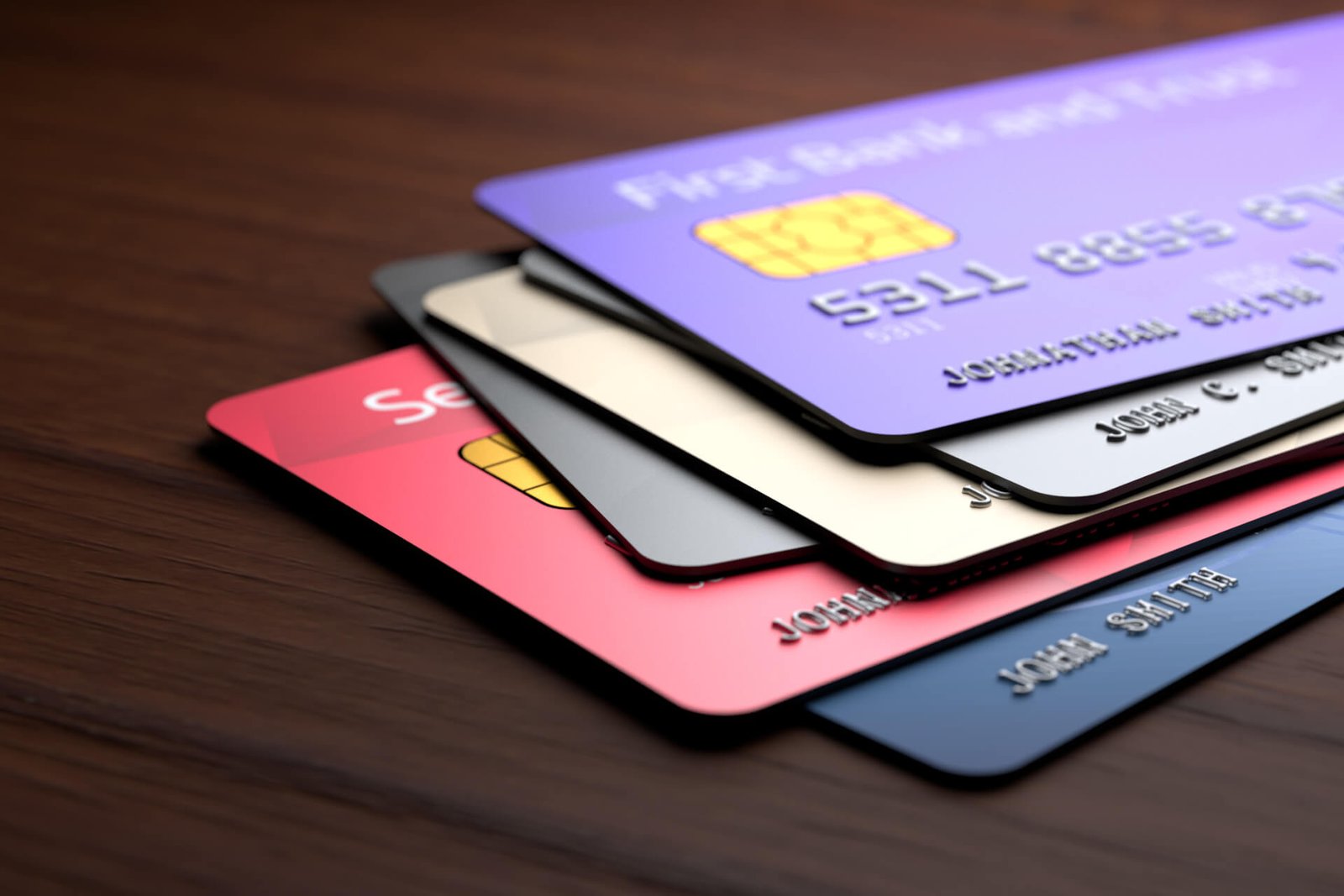Travel in the time of Covid-19 has some logistical and public health concerns that can be tricky to wrap your head around completely.

Since there is no one-size-fits-all approach from the states, the sands can shift quickly, depending on where you live and where you plan to travel. Here’s a simple, quick guide to navigating the various state policies relating to quarantines.
Understand the Definition of “Quarantine”
Some states, like Rhode Island, expect you to stay in quarantine for two weeks, but allow people to go into the world on routine matters – to pick up groceries, see their doctor – even to attend funeral services and pick up kids from school or daycare. On the other hand, in a state like Vermont you’re expected to not go out for the full two weeks for any reason at all – have your groceries delivered if you can!
Still other states waive the quarantine requirement completely if you can provide a recent negative Covid-19 test (tested no more than 72 hours prior to arrival seems to be the standard). The only issue with this, is that these rapid tests are often not easily available and can often be quite expensive. It’s definitely worth checking with your family doctor to make sure a test or tests can be obtained in your locality. Most states require you to self-quarantine until test results are available to you. Keep that in mind for planning.
Enforcement Variables
Some states take a hard line on quarantines. Hawaii, for example, has prosecuted and fined a number of people for quarantine violations, in some cases tracking folks through their social media accounts to keep tabs on their activities. Because Hawaii has been so vigilant in protecting its islands, they’ve been able to keep cases very low. And starting in mid-October travelers will be able to visit Hawaii with proof of a negative Covid test.
All out-of-state travelers arriving in Hawaii will need to furnish evidence of a negative FDA-approved nucleic acid amplification test (NAAT), that is performed using a nasal swab by a CLIA certified laboratory, within 72 hours before arrival. Without the test, self-quarantine for 14 days will still be required.
Kauai will experiment with a more flexible policy, which will allow travelers to stay in their resort “bubble” on property, while not being confined to their room. At the same time, Kauai is not messing around – strict guidelines will exist at participating resorts, with visitors required to wear an electronic tracking device that monitors their location so they can be assured not to go off property.
Other states are treating their quarantine rules more like recommendations – Pennsylvania has quarantine suggestions in place but you’re mostly just on the honor system and trusted to do the right thing.
Still other states walk a balance between these two extremes. Travelers arriving to Connecticut are required to fill out a very brief travel health form – where you simply register which affected states or countries you’ve visited prior to your arrival and how long you plan to stay.
Don’t Forget the Schools
Beyond state (and sometimes city) requirements that can be quite variable, parents with children should also remember that public school districts, universities and some private schools, as well as daycare centers often all have their own policies and rules to navigate.
Those schools offering in-person instruction often have reporting and quarantine requirements for returning students. You should read up closely what the rules for your particular school district are before you undertake a family trip.
Arm Yourself with Good Information
At CheapAir we aim to keep this as simple as we can for travelers, and give you a heads up as to which states have mandated quarantine policies. When you go to book a flight, you’ll see an orange banner message if the state you plan to visit has quarantine restrictions and details about those policies. Make sure you review completely before you book so you know what you’re required to do.
If you do find yourself in a quarantine situation, we’d like to suggest you book one of our Covid Clean designated hotel properties. These are hotels that have been verified as having enhanced cleaning and sanitation procedures for our safety.
Stay Up to Date
As we’ve all learned this year, the Covid situation is largely in flux, depending on which parts of the country and the world are seeing larger outbreaks. Please stay up-to-date on your destination so you have the latest information and can make informed decisions for you and your family.
The post How to Navigate U.S. Quarantines appeared first on CheapAir.

